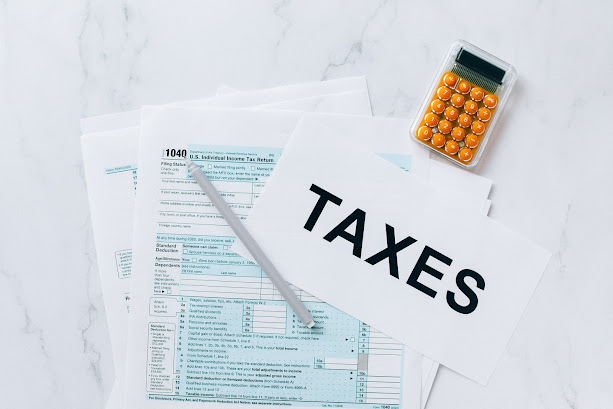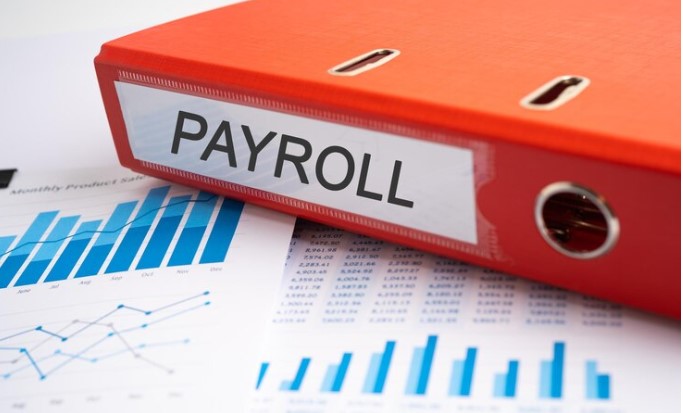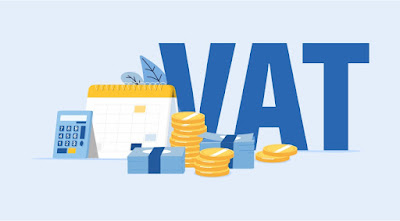The Ultimate Guide to Navigating Income Tax Return in the UK for Beginners
Introduction:
Navigating income
tax returns in the UK can seem daunting for beginners, but with the
right guidance, it becomes much more manageable. Understanding your tax obligations
and how to complete your tax return accurately is essential to ensure
compliance and avoid penalties. This guide aims to provide beginners with a
comprehensive overview of the UK income tax system and practical tips for
completing their tax returns effectively.
Understanding the Basics of
Income Tax:
Income tax is a tax levied on income earned by individuals
in the UK.
Different types of income are subject to tax, including
employment income, self-employment income, rental income, and investment
income.
The tax year in the UK runs from April 6th to April 5th the
following year.
Registering for
Self-Assessment:
If you're self-employed, a sole trader, or have other
untaxed income, you'll need to register for self-assessment with HM Revenue
& Customs (HMRC).
You can register online on the HMRC website or by calling
their helpline.
Organizing Your Financial
Records:
Keep accurate records of all your income and expenses
throughout the tax year.
This includes invoices, receipts, bank statements, and any
other relevant documents.
Completing Your Tax Return:
HMRC provides an online portal for filing
tax returns, known as the Self-Assessment system.
You'll need to log in using your unique taxpayer reference
(UTR) and complete the relevant sections of the tax return.
Ensure you declare all sources of income and claim any
eligible deductions or allowances.
Double-check your entries for accuracy before submitting
your return.
Understanding Tax
Deductions and Allowances:
Certain expenses incurred for business purposes may be
tax-deductible, reducing your taxable income.
Common deductible expenses include office rent, utilities,
equipment costs, and professional fees.
You may also be entitled to tax allowances such as the
Personal Allowance and Marriage Allowance, which can further reduce your tax
liability.
Deadlines and Penalties:
The deadline for filing your tax return online is usually
January 31st following the end of the tax year.
Late filing or payment can result in penalties and interest
charges, so it's essential to meet deadlines.
Seeking Professional
Advice:
If you're unsure about any aspect of your tax return,
consider seeking advice from a qualified accountant or tax advisor.
They can provide personalized guidance based on your
individual circumstances and help you optimize your tax position.
Keeping Up with Changes:
The UK tax system undergoes regular updates and changes, so
it's essential to stay informed about any new regulations or allowances that
may affect your tax return.




Comments
Post a Comment